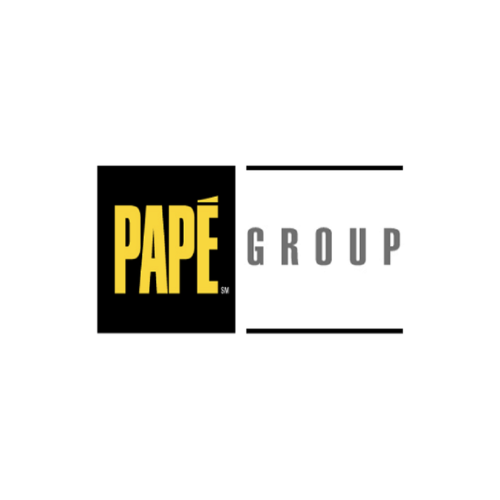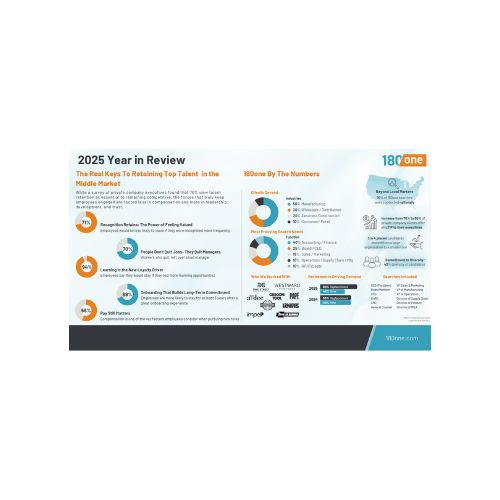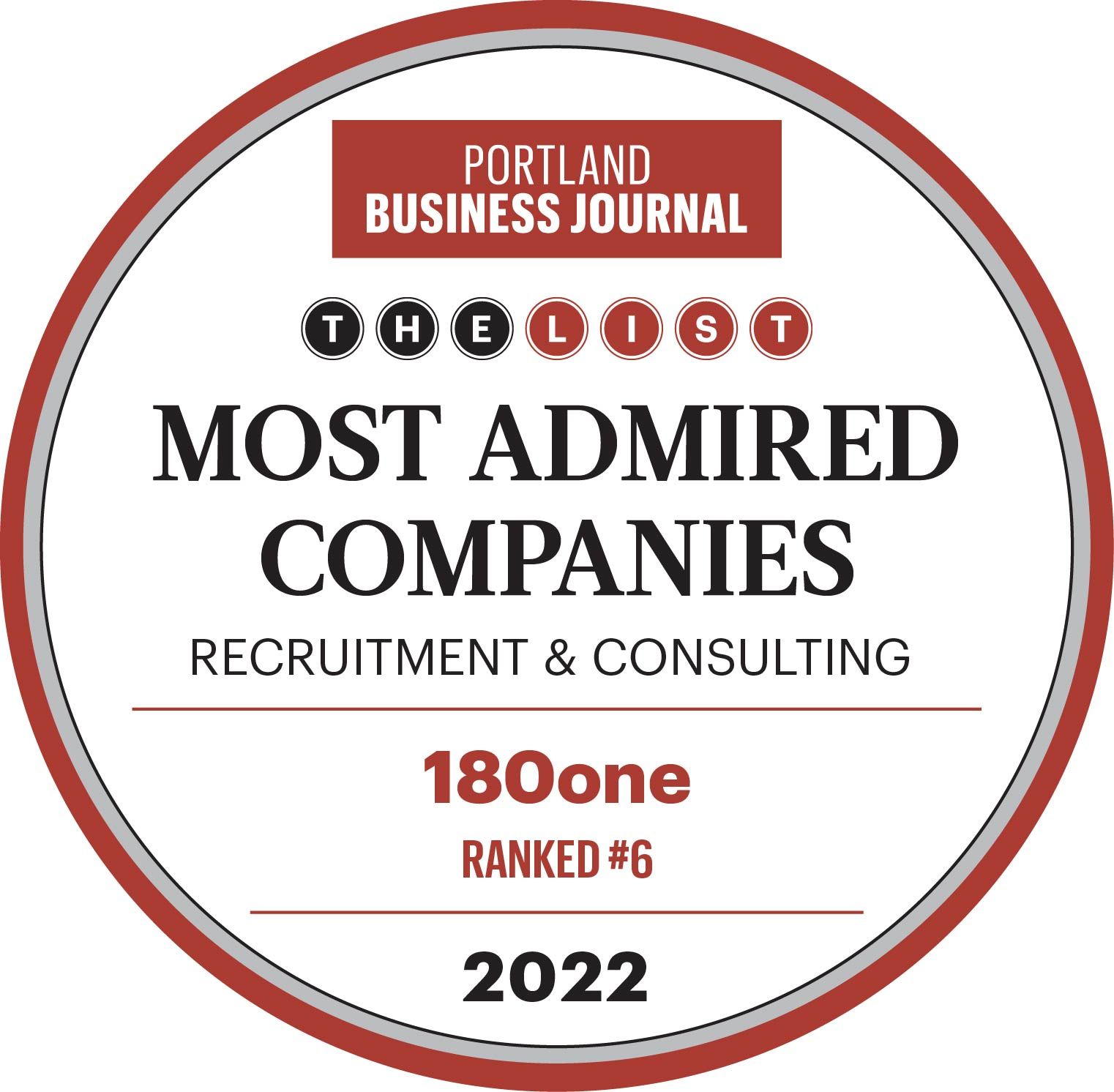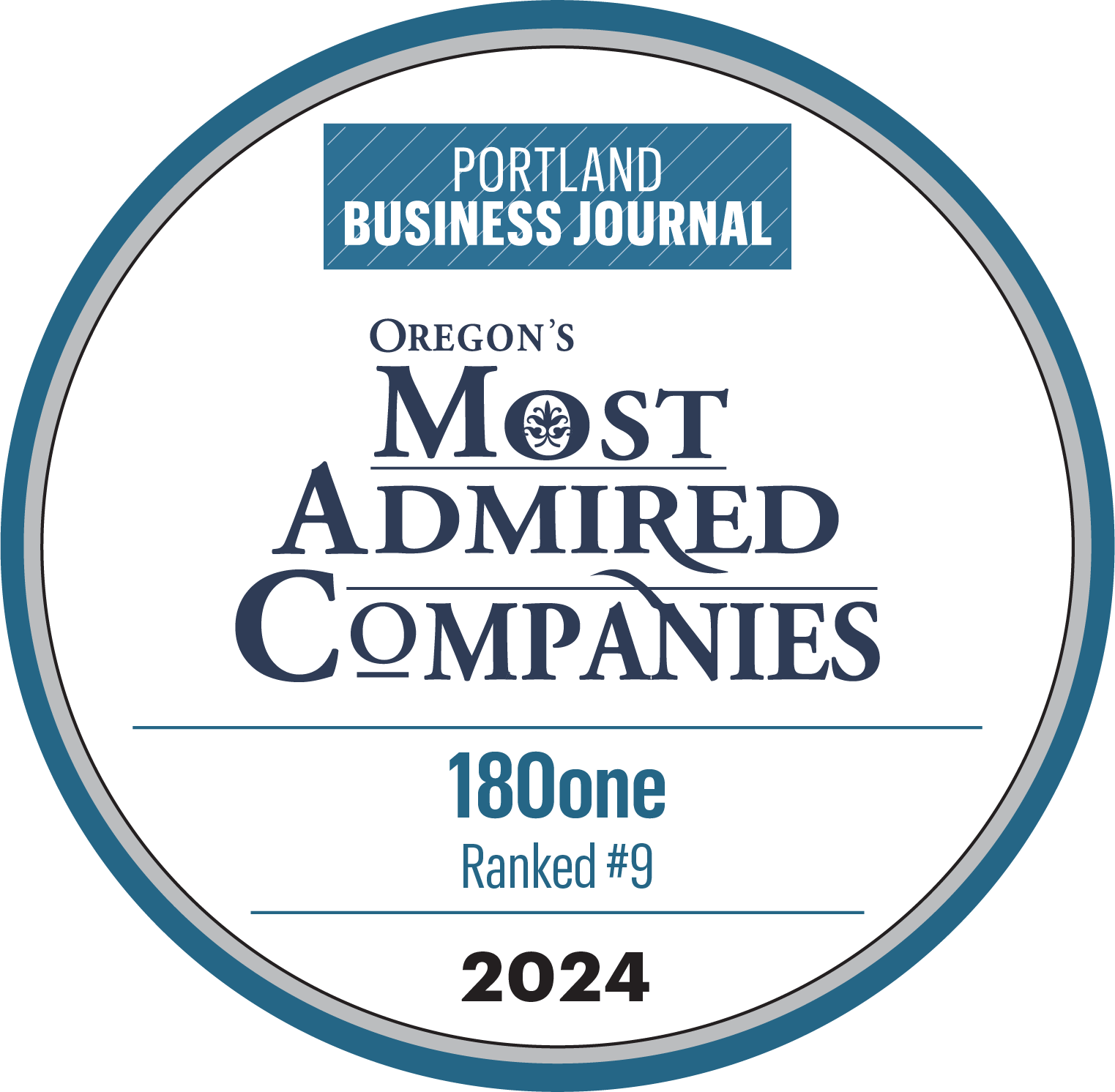Conducting an Effective Confidential Search in the Post-COVID Economy
As 2022 wrapped up, we noticed a growing trend. More clients have been reaching out to us about conducting confidential searches. What may be fueling this rise?
The current spike in confidential searches that we are experiencing are focused on operations or manufacturing leadership. We have some ideas about why that is, as well as tips for how to navigate such a search, which has distinct differences from an open search. It does not have to be as daunting as many fear it will be.
Confidential Searches – Why Now?
The pandemic that slammed into our country and economy (and not just ours) in early 2020 created circumstances in just about all aspects of society that shifted how people live, how we think about education, healthcare, travel, and employment, and, not insignificantly, how companies do business.
Think about it. Companies strained by lockdowns and supply chain slowdowns had to rely on their often pared-down workforce more than ever, and those in leadership positions had to come up with innovative ways to pivot or ramp up production despite skeletal crews. Employees everywhere sacrificed for their companies in a time of need. People are drained. The leaders in charge of keeping up with customer demands in this climate are especially exhausted, and their job burnout is spiking.
In an article about pandemic burnout, Forbes Magazine refers to a Gallup poll that noted that employee engagement rose steeply during the pandemic as people sensed an urgent increase in the vital purpose of their work, and yet employee well-being declined. Normally, those two metrics go hand in hand—engagement is up at the same time that well-being is. The pandemic broke the metrics mold.
Leaders in the operations and manufacturing realm are pulling back from the brink, trying to do their jobs without overextending to their health’s detriment. What looks like “quiet quitting” may be more like “let’s get back to some semblance of normal.” But organizations who have become accustomed to the overachieving Operations Leaders and their ability to do more with less, see what they think is a performance slip, so they start a confidential search to find someone who can help them achieve the new normal.
Another reason for an increase in confidential searches may well relate to the fact that in the depths of the pandemic, many companies found themselves doing emergency searches for upper-level operations leaders to help them navigate the diverse challenges of the COVID-slammed economy. They did not have the time to do the kind of deep dive they normally would, so they hired fast and furiously, only to find that now they have someone who is not really suited for the position. Time for a confidential search.
If either of these scenarios sounds familiar, or if you find you are wanting to do a confidential search for another reason, being aware of best practices can help you through any possible mine field.
The Drawbacks of Conducting a Confidential Search
The drawbacks of a confidential search are its impact on the timeliness or quality of the search. For one thing, fewer qualified candidates step forward when the name of the company is undisclosed.
A Job Is What You Do, an Organization Is Why You Do It
The best candidates are selective, and they want to thoroughly research an organization to ensure they are investing their time wisely. Candidates are typically drawn to an organization before they are drawn to a specific job. When they are unable to disclose the company, hiring managers find that some great candidates are reluctant to advance their candidacy.
Another drawback surfaces when the incumbent has performance issues and the organization plans to terminate them once a successor is identified. Prospective candidates could easily interpret this as a sign that the hiring organization has an inability to manage and/or communicate with their employees, thus questioning why they would ever put themselves in that position.
Modifications of the Search Process
Despite the drawbacks, there are some modifications that can be incorporated to help offset the negative impacts of a confidential search.
Understanding the Role
The front end of the recruitment is the same as in a standard search. It involves gaining an understanding of the need for the role, figuring out how to define success, and the creation of any candidate assessment or evaluation templates. 180one tailors these tools for each search, confidential or otherwise.
Sourcing
The methods an organization uses to identify candidates, is the phase of a search, that are most affected when the search is confidential. One strategy involves modifying the sequence of your discussions with prospective candidates.
- If the organization’s need for a confidential search will expire on a certain date, 180one has found it effective to continue reaching out to candidates in a timely manner, but then to schedule follow-up calls with prospective candidates for when we can disclose. This approach uses the silent period to at least gauge interest, while not wasting time with detailed conversations until more meaningful information can be shared.
- If the organization’s reason for a confidential search is based on a low performing incumbent, some work-arounds include using an NDA with prospective candidates, or only disclosing information to a small group of qualified and interested candidates you believe you can trust.
- Doing outreach to candidates outside the company’s geographical area can help minimize the chance that the internal team or incumbent will find out through their channels that there is a search being conducted.
Job Descriptions
This one is a bit more obvious, but if an organization will distribute a job description via their network or interested parties, the position description must be scrubbed from any identifiers that could disclose the hiring organization. Pro-tip: Do not use past position descriptions as they tend to have a similar format or rely on common vernacular or acronyms that could ultimately leave your organization’s fingerprint. These candidates are smart, and it doesn’t take much to put the pieces together!
Research/Targeting
It is nearly impossible for an internal recruiter to conduct a confidential search without immediately giving away the company’s identity, thus it is important to use a third party recruiting firm. A recruiting firm’s arms-length relationship with the hiring organization tends to create enough of a buffer to protect the anonymity of the client. The recruiters simply need to eliminate certain talking points that would reveal too much information about the hiring organization.
Conducting an Effective and Efficient Confidential Search
Your goal in running a confidential search is to protect your organization’s anonymity while identifying the right candidates and maintaining your ongoing initiatives. In a timely manner, of course.
Even though candidate pools are typically smaller in a confidential search, especially in a tight labor market, finding a great candidate is possible. Establishing a solid search from the beginning, with a thoughtful strategy that mitigates pitfalls, will help your company succeed.
There is no reason that a confidential search needs to be any less effective than a traditional search. Leveraging the expertise of those who are experienced in conducting confidential searches could be the most valuable first step of the process.







